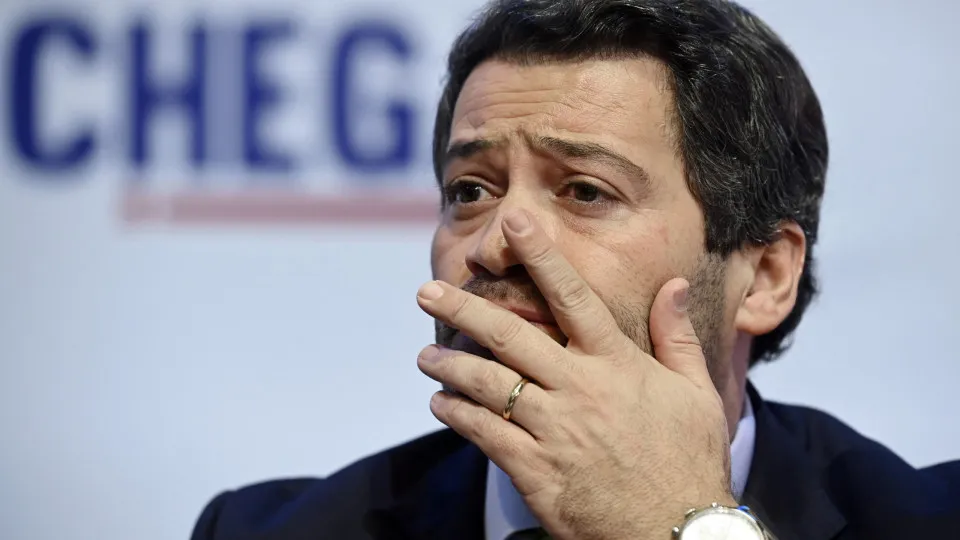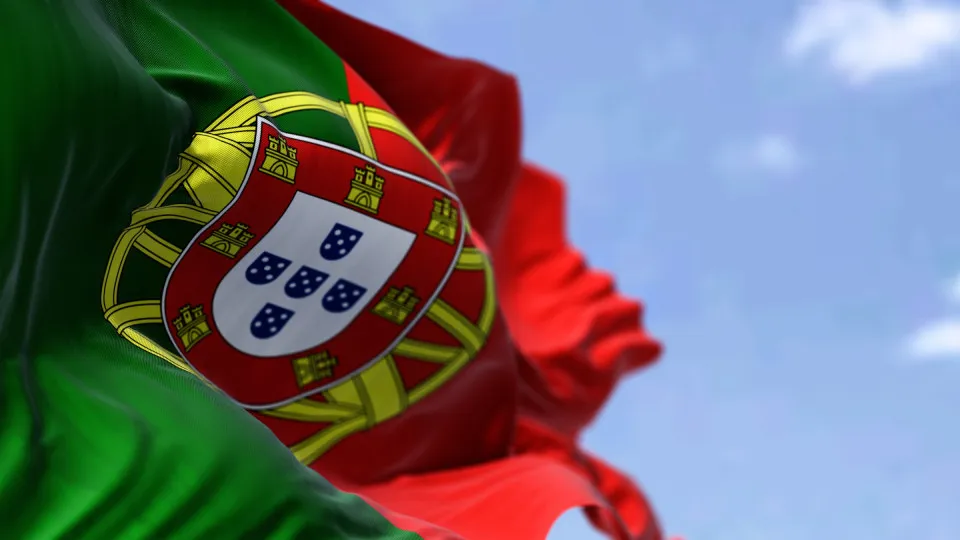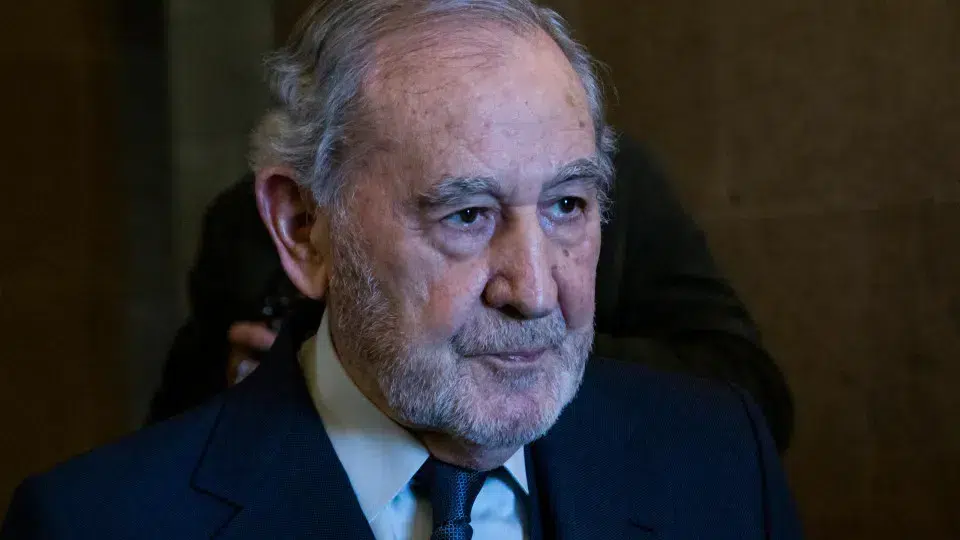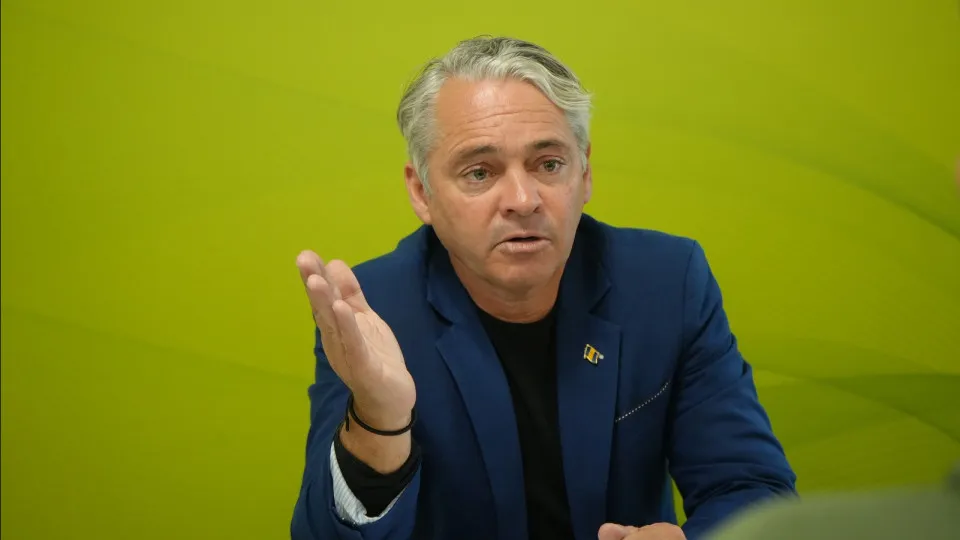
In a statement to journalists at the Assembleia da República, André Ventura expressed condolences to the family and friends of Francisco Pinto Balsemão, who passed away on Tuesday at the age of 88.
“Chega and I personally have, in relation to the legacy of Dr. Francisco Pinto Balsemão, serious differences, founded differences, concerning not only the style of journalism practiced by SIC and Expresso, which they legitimately carry out, but also differences regarding the house that was founded, how it evolved, and the role it has today in democracy, journalism, and communication,” he stated.
André Ventura remarked that this does not prevent him, “as a political leader, from recognizing a work that is significant.”
“A work that I often disagreed with, but that has an undeniable significance and mark on our democracy, and thus I would not like to fail to acknowledge it, within the framework of democratic loyalty and institutional loyalty, which I think is crucial between the media and political parties,” he indicated.
Francisco Pinto Balsemão, former PSD leader, ex-prime minister, and founder of Expresso and SIC, died on Tuesday at the age of 88.
The government declared a national mourning period for today and Thursday, during which funeral ceremonies will take place.
The wake for Francisco Pinto Balsemão will be held today from 6:30 PM in Lisbon at the Jerónimos Monastery, with a mass at the same location at 1:00 PM on Thursday, presided over by the emeritus Cardinal Patriarch of Lisbon, D. Manuel Clemente.
The wake and the mass are open to the public, while the funeral is reserved for the family.
Balsemão founded the weekly newspaper Expresso in 1973 during the dictatorship, SIC, the first private television station in Portugal, in 1992, and the Impresa media group.
In 1974, after the April 25 revolution, he co-founded, with Francisco Sá Carneiro and Magalhães Mota, the Partido Popular Democrático (PPD), later known as the Partido Social Democrata (PSD). He led two governments following Sá Carneiro’s death, between 1981 and 1983, and remained until his death a member of the Council of State, an advisory body to the President of the Republic.




